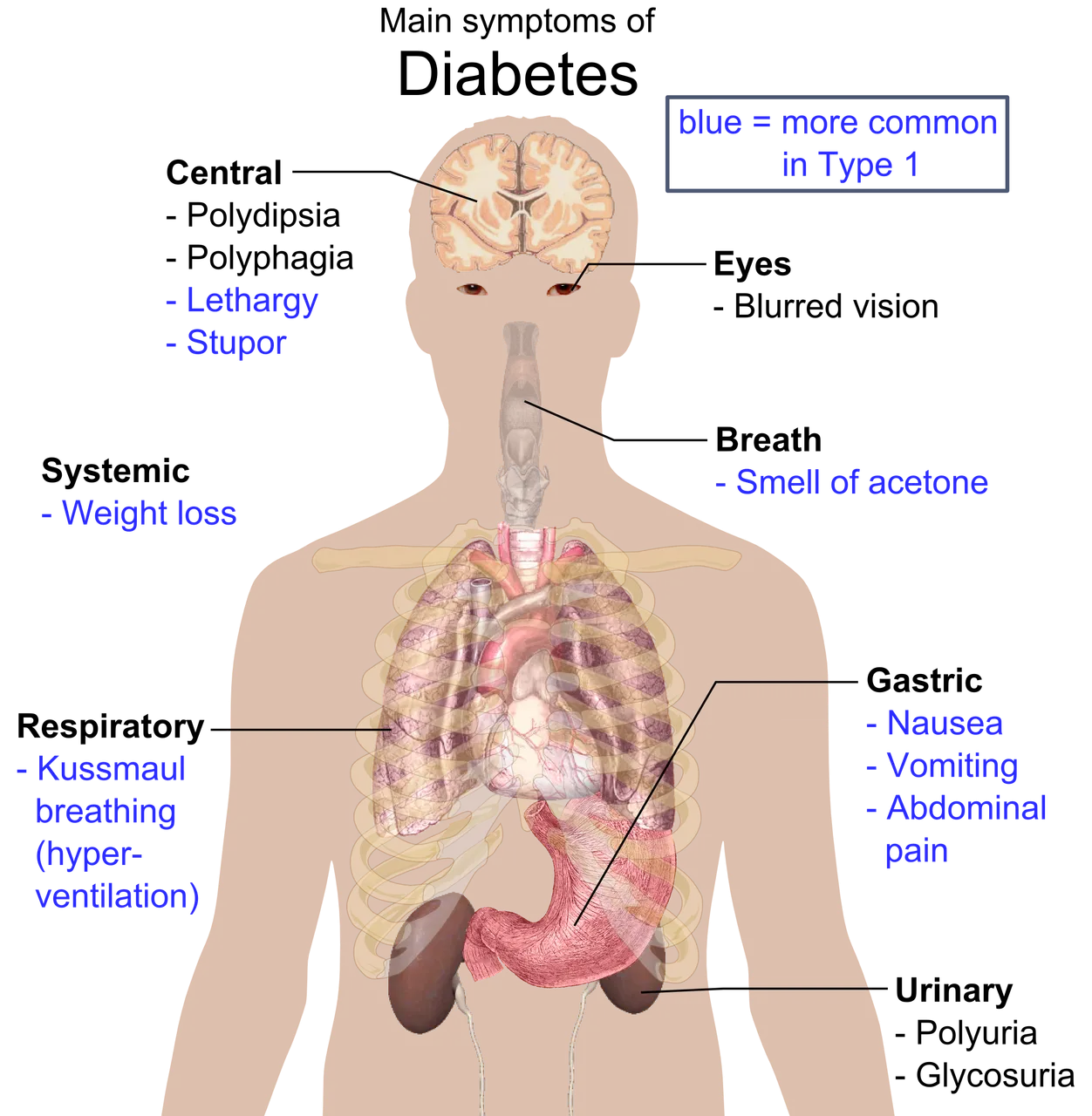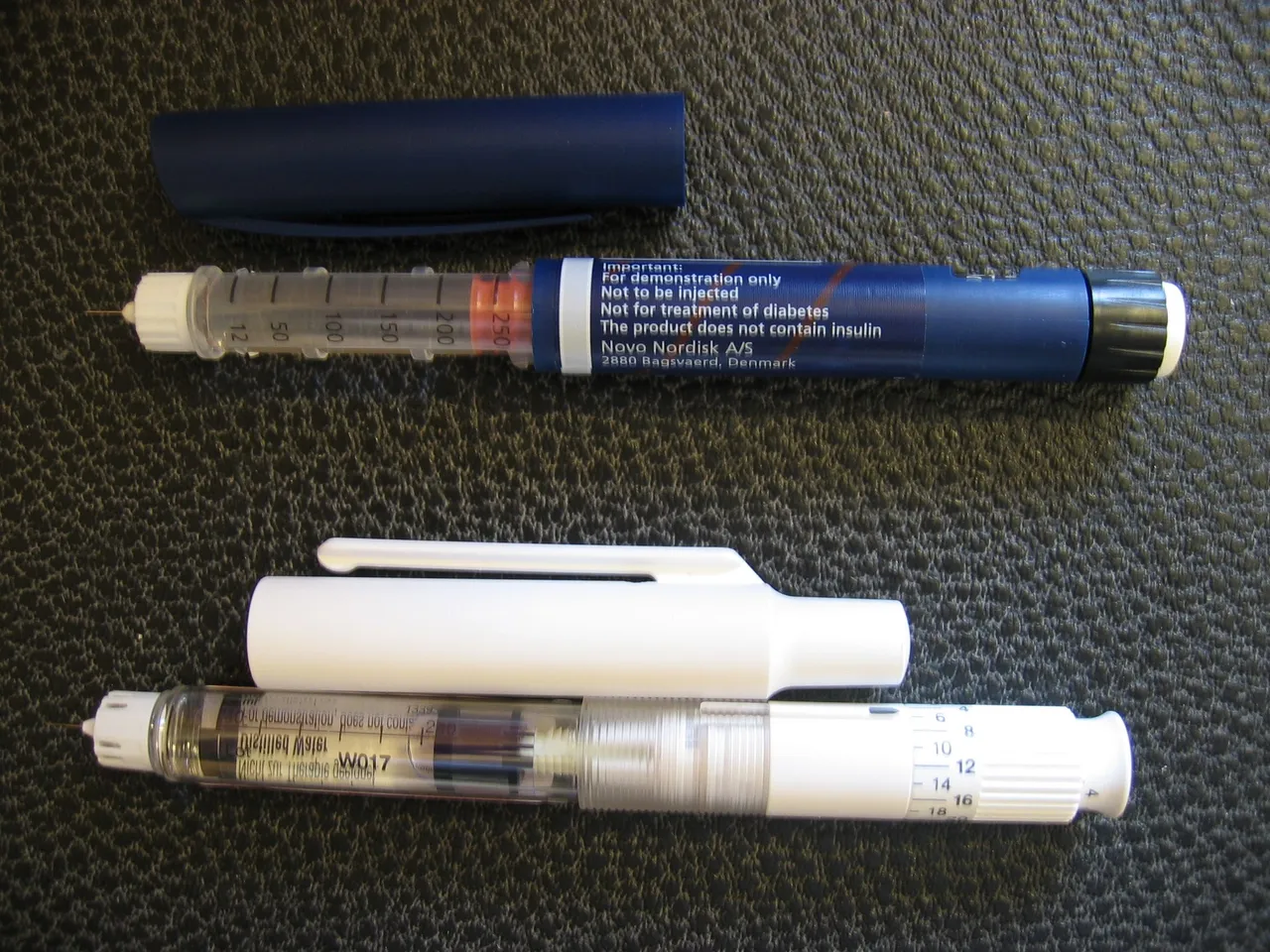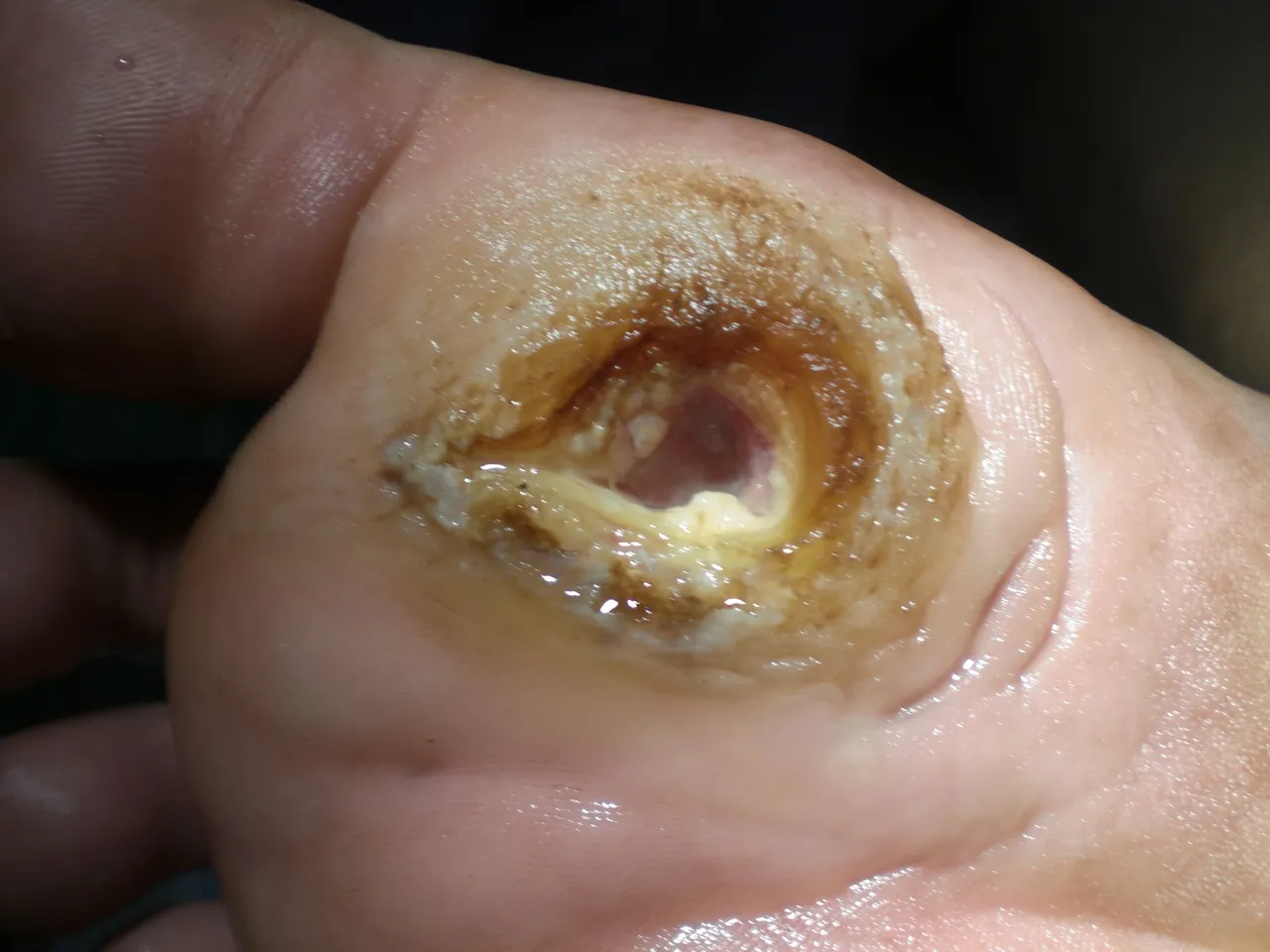I trust we are all doing great and having a great day. I'm doing great as well, and at the same time exploring and enjoying my stay here. I'm grateful for your kind gestures and support. This is actually my second post here and I'm hopeful for the best outcome. A majority of people believe that diabetes mellitus (Dm) is caused by excessive consumption of sugary foods or drinks. In fact, the other day, I heard my aunt telling my cousin to avoid beverages and sugary things, her reason being that they cause Dm. What exactly is the cause of Dm? Before we proceed, let's dive into the topic fully!
What is diabetes mellitus?
Diabetes mellitus (Dm) is a disorder that is caused by the inability of the body to produce insulin or respond normally to insulin, resulting in a high blood sugar level. It occurs when the body is not able to take up glucose into its cells and use it for energy. This results in a build-up of excess sugar in the blood stream.
Normally, glucose is used by the body for metabolic activity that results in the production of energy. In fact, all cells in the body need glucose, especially the brain cells. They can't survive without it. The shortage of its supply requires immediate intervention. If not, it could lead to brain death or damage (the affected person would have to be on life support).
Insulin, which is a hormone produced by the pancreas (beta cells of Islets of Langerhans), helps to mop-up glucose from the blood stream into body cells and tissues where it is utilized. In a situation where the insulin level is low or the body is not responding to it, the individual starts experiencing symptoms such as excessive urination, thirst and hunger, weight loss, fatigue (these are the typical symptoms of Dm!)

Though diabetes can be effectively managed and its complications avoided through physical activity, proper diet, medication, and regular medical checkups and treatment for complications, it is important to note that some of its complications include: eye problems, diabetic foot ulcer (this can lead to amputation), heart attack, stroke, kidney problem, nerve damage, and delayed healing.
Dm can be classified into two types depending on its causes and the age of the people affected.
What are the classifications of Diabetes mellitus?
Well, Dm is classified into two, namely,
- type 1 diabetes mellitus
- type 2 diabetes mellitus.
Type 1 Dm is also called juvenile-onset diabetes mellitus (meaning it is common in children and teenagers). It is an autoimmune disorder that occurs as a result of the inability of the pancreas to produce insulin, and this makes the glucose accumulate in the blood instead of entering the body cells where it is needed for energy.
This is terrible because the child is eating a balanced diet, but the food, I mean glucose, doesn't get to the body cells where it is needed for energy; instead, it is flushed out of the system through urine!
This kind of condition is really pathetic as the child or teenager has to be sustained throughout life by regulated doses of injectable insulin. This type is not theoretical at all. With my clinical experiences as a student nurse, I have seen quite a number of cases (and as a nurse, I empathize with patients because it is not easy to be on lifetime injections!). Most diabetic patients and their caregivers are taught how to give insulin injections so that they can inject themselves once their blood sugar level is high to prevent hyperglycemic crisis.

The above is a picture of insulin pen. It is used for administration of insulin injection. Enough of type 1 Dm, let's talk about type 2 Dm (lol).
Type 2 diabetes mellitus, also known as adult-onset diabetes mellitus, accounts for approximately 95 percent of all cases of Dm. It occurs as a result of the inability of the body to respond to insulin. Here, insulin is produced by the pancreas but the body is not able to utilize it (the body is resistant to insulin). Apart from genetics, this type of Dm occurs as a result of poor lifestyle and bad habits (yes! It develops as an adult, or should I say as a result of risky behaviors or practices?) It occurs mostly in obese people who don't exercise but consume too much food!
I know of a person who is an interstate driver (he is always at the wheel, conveying people from one state to another). He hardly exercises, workouts, or performs physical activities apart from driving, but likes eating! He eats a variety of foods and in large portions! He always says that he hates stress. He has blessed him with a job that provides a steady income for him so he can enjoy it. I actually warned him of the dangers of such a lifestyle, but he paid deaf ears to my warnings, and not long as I predicted, he became diabetic! His own situation was even worsened by the fact that he rarely goes for medical checkups, so he was diagnosed after a hyperglycemic crisis. See!
His lifestyle brought Dm to him. Although it could be genetic, his lifestyle facilitated the disease process.
Causes of diabetes mellitus
The first is genetics (hereditary). Genetics is one of the major causes of Dm. One can inherit the trait from his/her parents. Another cause of Dm is congenital abnormality (this is most specific to type 1 Dm). When there is abnormal development of the pancreas which makes it unable to produce insulin, type1 Dm sets in. Infection is another cause of diabetes, mostly viral, which interferes with the production of insulin. It is also important to note that sometimes the cause of Dm is idiopathic (unknown)
What are the risk factors for diabetes mellitus?
The risk factors of diabetes mellitus are those lifestyle factors or habits that predispose one to Dm. The risk factors of Dm are obesity, lack of exercise, and excessive consumption of fatty foods and carbohydrates, which results in obesity.
What is the relationship between excessive consumption of sugary foods and diabetes mellitus?
Great! Back to this big question! Well, studies have shown that excessive consumption of sugary foods is not the actual cause of Dm, as people would always infer. Normally, the body (Beta cells of the Islet of Langerhans in the pancreas) produces enough insulin which is able to mop-up the glucose from the blood stream into the cells where it is needed. It's okay to say that excessive consumption of sugary foods results in hyperglycemia in people with Dm (type 1 and 2). Ehen! This does not mean that we should all start eating too much sugar (as some people claim to have a sweet tooth and are waiting to hear this), but we should also remember that eating too many sugary foods (carbohydrates) can lead to obesity, which is a major risk factor for Dm. In order to be on the safe side, moderation is the key! Don't consume more, don't consume less, be in the middle.
In summary, diabetes mellitus is one chronic non-communicable diseases with serious complications therefore, understanding of the actual cause is very essential. This would help people to take the right steps in preventing it together with it's complications.
References
Center for Disease Control
World Health Organization
Endocrinweb.com
Diabetestrong.com
I hope this little write-up will help us understand diabetes mellitus and its causes. Thank you for reading me.
